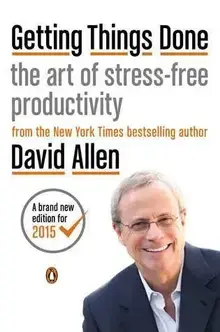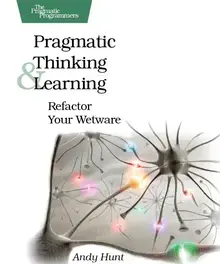Prioritization
Prioritization is the process of arranging tasks, activities, or projects in order of importance or urgency to ensure that the most critical and impactful work is completed first. It is a key skill in productivity, helping individuals and teams manage time and resources efficiently by focusing on what truly matters and deferring or delegating less critical tasks.
Below is an overview of content that matches the tag "prioritization".
Note that this list is not exhaustive, as it is automatically aggregated based on manually assigned categorizations.
If you notice a missing element, or think some of the items are wrongfully categorized, please create a bug/improvement ticket on our github issue tracker.
Patterns tagged with "Prioritization"
problem:You often struggle with deciding what to do next, feeling uncertain about which choice would be most beneficial for you.
description:Use a systematic framework to make informed decisions by evaluating your resources — Support, Time, Energy, Attention, and Money.
problem:You find yourself constantly busy, yet achieving little of value.
description:Assign a priority category to tasks based on their urgency and importance. Act depending on priority category.
Books tagged with "Prioritization"
The 7 Habits of Highly Effective People
Powerful Lessons in Personal Change
Covey, S. R.; Collins, J. (2004) The 7 Habits of Highly Effective People. Free Press. isbn: 0743269519.
Stephen R. Covey’s enduring classic examines seven habits that compound into personal and professional effectiveness. He highlights mindful time management, intentional trade-offs, and proactive planning that keep commitments aligned with values. Reflection prompts encourage readers to define who they want to become and translate insight into everyday habits.
Getting Things Done
The Art of Stress-Free Productivity
Allen, D. (2015) Getting Things Done. Penguin Books. isbn: 0143126563.
Getting Things Done outlines David Allen’s trusted workflow for capturing commitments and creating mental space. He shows how to collect open loops, clarify work into outcomes and next actions, and review regularly to stay aligned. The method helps readers reduce stress, focus on meaningful priorities, and tailor a system that fits their context.
Pragmatic Thinking and Learning
Refactor Your Wetware
Hunt, A. (2008) Pragmatic Thinking and Learning. The Pragmatic Bookshelf. isbn: 978-1934356050.
Pragmatic Thinking and Learning examines how developers can harness the way their brains absorb and apply new ideas. Andy Hunt shares techniques from decades of practice—ranging from deliberate experimentation to reflective journalling—to keep skills sharp. It treats learning as the professional’s main tool, encouraging readers to tailor habits and discover systems that fit their own preferences.




